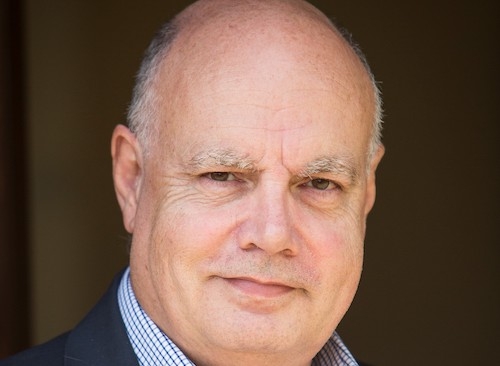When I switched from accountancy to financial advice in 1987 the landscape was dominated by a few very large salesforces.
Regulation had just been introduced, to break up that dominance, improve standards, consumer choice and price competition and crucially to introduce the concept of Independent Financial Advice.
The difference being an Independent Adviser would act as agent of the client, not their employer, and be bound to put clients’ best interests first.
Independent Advice has grown, RMAR Data published by the FCA in July 2021 shows the following picture:
|
Type of advice |
Number of firms |
|
Independent |
4,455 |
|
Restricted |
509 |
|
Both |
73 |
|
Total |
5,037 |
But the trend in recent times of smaller Independent Advisers being gobbled up by large, invariably venture capital or debt-backed organisations offering restricted product ranges and tied investment propositions means we are going round full circle.
The same RMAR stats show more than 50% of us now work in firms employing 50 advisers or more. The market is becoming increasingly dominated by large salesforces again, acting as agents of their firms, offering restricted product ranges, and tied investment propositions.
Maybe the 100 firms missing from the Table above were consolidated in the time it took to produce that analysis!
You don’t need Chartered qualifications to act as a sales representative because you have limited scope to offer clients a comprehensive, technical Financial Planning service. If we don’t reverse the trend the knowledge and skills we have built will become largely redundant and there will be no career path for the next generation of bright, technically minded Financial Planners to follow.
Independent Financial Advice and the emerging Financial Planning profession are likely to wither and die
My firm has rebuffed several offers from consolidators. We believe our clients have engaged us because they value our knowledge, experience and competence and our freedom to apply it. Some have been with us for over 20 years and they have enabled us to build our firm to where it is today.
We think loyalty should be reciprocated. We are not going to sell clients to a restricted proposition, particularly if it needs to earn higher fees so it can pay dividends or interest to venture capital or debt backers.
When I retire, I want to receive fair value for my shares, but I want to be paid by colleagues not consolidators. That way I know my clients will be looked after in the same way by people I trust. Our Business Plan ensures that the firm I helped to found and build will live on in the hands of younger successors.
Accountants and solicitors have been enabling principals to come and go with lump sums on retirement for centuries through succession planning and by merging with like mined firms. It’s just as feasible for Financial Advisers to do it.
I fear that if more of us don’t open our minds to the possibilities, it’ll be a sad goodbye to the Financial Planning profession I’ve seen emerging over the last 34 years. What a waste.
Dave Robinson FCCA AFPS TEP LLLA IMC is a Chartered Accountant and a Chartered & Certified Financial Planner. He is a founding director of Bristol-based Centurion Chartered Financial Planners which was formed in 2016. Over the last 5 years it has grown to 12 advisers and a support team of 14 working from 4 offices in the South West. Most of the firm's advisers hold Chartered status and at least one other specialist qualification or accreditation. Around 75% of Centurion’s new clients are referred by the legal profession. The firm is committed to maintaining its independent status.

